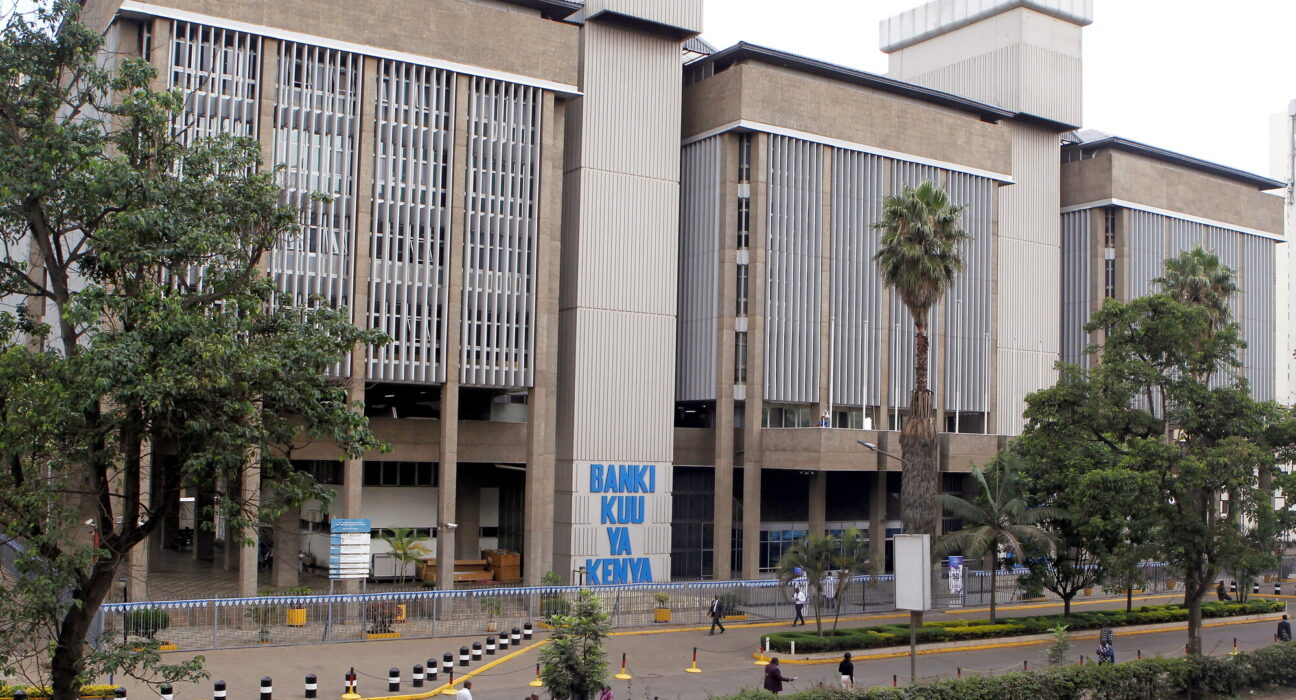The Central Bank of Kenya (CBK) has announced significant progress towards creating an interoperable financial sector solution, which will enable instant money transfers across the entire financial industry. This move is seen as a major step forward in enhancing Kenya’s payment systems, allowing for seamless transactions between banks, mobile money operators, and other payment service providers (PSPs). The development of this solution involves the formation of a CBK-Industry Technical Working Group (TWG), which will oversee the design, launch, and rollout of the system.
The announcement follows consultations between CBK, the Kenya Bankers Association (KBA), banks, and various PSPs that began in February 2024. These discussions have laid the groundwork for a Fast-Payment System (FPS), a solution that will integrate various payment services and allow customers to send and receive money instantly, regardless of their financial institution.
The FPS is a financial technology solution that aims to unify payment services across different types of institutions, such as banks and mobile money providers. It will allow customers to perform instant transactions anytime, from anywhere, with funds moving directly between accounts. This system is designed to be user-friendly and to support financial inclusion by making it easier for people to access banking services.
The FPS will align with global best practices and the requirements set out in the Central Bank of Kenya Act, which mandates the CBK to establish and oversee effective payment, clearing, and settlement systems. By implementing the FPS, the CBK aims to ensure that Kenya remains competitive on the global stage and that its financial infrastructure continues to evolve to meet the needs of its citizens.
Efforts to enhance the interoperability of Kenya’s payment systems have been ongoing since 2014. Discussions initially focused on integrating regional card and mobile money systems within the East African Community (EAC). Kenya made notable progress over the years, including the launch of person-to-person (P2P) interoperability in 2018 and merchant interoperability in 2022. These advancements allowed for greater interaction between different financial service providers, but significant limitations remained.
One of the key issues with the existing system is the lack of a centralized switching mechanism. Instead, financial institutions have relied on costly bilateral agreements, which are closed in nature and limit the ability of new players to join the system. This has resulted in higher transaction costs for customers and has restricted Kenya’s ability to fully integrate its payment systems.
As a result, Kenya’s reputation as a leader in payments innovation and financial inclusion has faced challenges, prompting the CBK and industry leaders to address these limitations. By implementing an FPS, Kenya aims to eliminate the reliance on fragmented systems, reduce duplication, and create an open and fully interoperable Digital Public Infrastructure (DPI).
The successful development of the FPS hinges on close collaboration between the CBK and other key stakeholders within the financial industry. The CBK-Industry Technical Working Group (TWG) has been established to spearhead the design and implementation process. This group will ensure that the FPS meets both the technical requirements and the needs of customers, while also adhering to international standards.
Speaking on the initiative, a CBK representative highlighted the importance of working closely with industry players: “The creation of a unified, interoperable payment system is a game-changer for Kenya. It will reduce transaction costs, enhance financial inclusion, and make it easier for businesses and individuals to transact with one another. Our collaboration with the industry is key to achieving this vision.”
One of the primary goals of the FPS is to address the challenges posed by the current payment systems, which are not fully integrated and often come with high transaction costs. The CBK’s focus on interoperability aims to create a level playing field for all financial institutions, allowing them to participate in a system that is both open and efficient.
The implementation of a centralized switching mechanism is expected to be a critical feature of the FPS. This mechanism will allow transactions to be processed more quickly and at a lower cost compared to the existing bilateral arrangements. The streamlined approach will also reduce the complexity of the payment process, benefiting both customers and service providers.
The CBK’s plans for the FPS are also aligned with global trends in the financial sector. According to the 2023 World Bank Global Payment Systems Survey, 57 countries currently have operational FPS systems, out of 93 countries that participated in the survey. The CBK is committed to ensuring that Kenya joins this growing list of countries with modern and efficient payment systems.
While a specific timeline for the rollout of the FPS has not been provided, the CBK and the TWG have committed to providing regular updates on the progress of the project. The next steps include finalizing the system’s design and beginning the initial phases of testing. Stakeholders are optimistic that the launch of the FPS will significantly enhance the efficiency and reach of Kenya’s financial services.
Industry analysts are viewing the introduction of the FPS as a potential catalyst for increased digital transactions and broader financial inclusion in Kenya. The system is expected to open up new opportunities for businesses, making it easier to conduct transactions and manage payments across various platforms.
The Central Bank of Kenya’s push towards a fully interoperable financial system marks a pivotal moment for the country’s payment landscape. By integrating a Fast-Payment System that allows seamless transactions across all financial institutions, the CBK is positioning Kenya to remain a leader in digital payments and financial inclusion.
As industry stakeholders work towards the successful rollout of the FPS, the focus remains on enhancing the user experience and reducing the cost of transactions for consumers. If the initiative is implemented successfully, it could transform Kenya’s financial ecosystem, providing a model for other countries in the region and reinforcing Kenya’s position as a hub for fintech innovation.
The CBK’s commitment to innovation and collaboration with the financial industry is set to drive the next phase of growth in Kenya’s financial sector, ensuring that it remains competitive and responsive to the evolving needs of its citizens and businesses.





